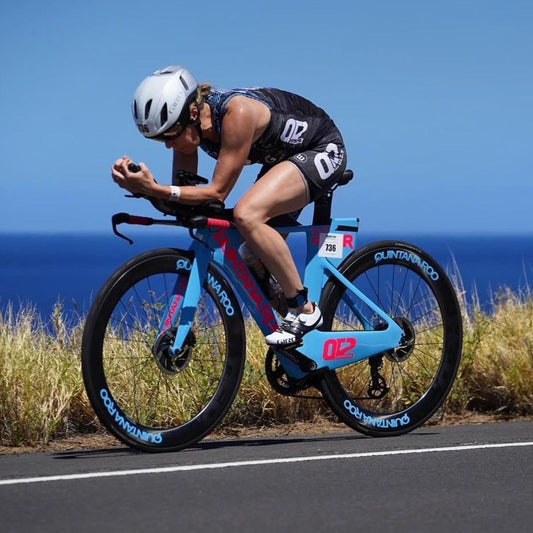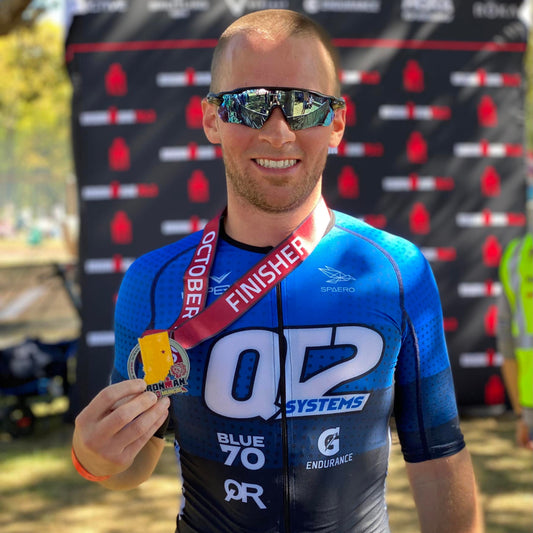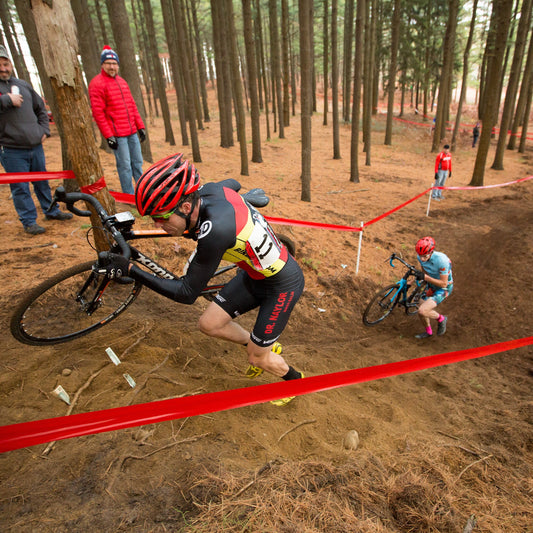Sacrifice
One of the most dangerous things I sometimes see in the athletes I coach is a mismatch between their race performance goals and their willingness to make the sacrifices it takes to reach them. By sacrifice I mean doing something in order to reach your race performance goals when you'd rather be doing something else. Here are some examples:
1) Getting your workouts done when you are tired and unmotivated and would rather go out with your friends or watch TV.
2) Taking care of your nutrition when everyone around you is eating nachos and ice cream.
3) Staying in your specified HR zones when on a group ride where everyone else is hammering.
4) Not racing when everyone else is racing in order to meet a longer term goal.
5) Going to bed early when you'd rather watch TV at night.
6) Going out on a long ride when you'd rather be home with your family.
A lot of folks think its just hard training where sacrifices need to be made however, as you can see above, hard training is only a fraction of the picture. Anyone can go out day after day and beat themselves up...big deal. You constantly hear training groups talk about these monster training day's including centuries, transition runs off huge rides, track workouts, etc. You seldomly (if ever) hear someone say "you should have seen me last night, it was sick, first I nailed back a hand full of blueberries, then I immediately hammered back some walnuts for the omega-3's and went to bed. I'm not sure I'll ever be able to match it." The truth of it is that these acts are actually more impressive since they are less likely to happen and more difficult for the average athlete to achieve. However, these are just as, if not more important than the training feats an athlete accomplishes. Without proper nutrition and rest, most of the sacrifices made for training can be rendered useless....most just can't seem to understand this.
So many times, its the athletes that violate the above examples on a regular basis that have the loftiest goals during the early season. This is a very dangerous combination since it constantly sets the athlete up for failure and disappointment. They are not willing to make the sacrifices it takes to reach their goals. Its best for an athlete/coach to review goals early in the season and discuss if they are realistic given where they currently are, and what level of sacrifice they are willing to make. For most well trained athletes with good body composition, a 2.5-3.0 percent improvement per year is solid progress. Many think its much more than this.
Just as important as the above, is to make sure that when race day comes, they have realistic expectations of what their performance will be. This is what the triathlon calculator is great for; an objective look at current performance indicators and how they translate to race day. If an athlete's expectations are beyond reality, its a bad combination that has the athlete over pace the early part of the race and really falter later in the day. It also sets the athlete up for disappointment as the time checks constantly come back behind expectation. With over pacing the early part of the race, nutrition is typically harder to get down and the nutrition plan slips. This results in a double detriment to the day as the physiologic impact of the over pacing and the missed nutrition team up for system failure later in the day.
Lessons:
1) Work with your coach to develop realistic goals for your season including benchmarks along the way. That way, if the benchmarks aren't met (due to lack of sacrifice), the race performance goals can be revised and the athlete knows what to expect.
2) If you don't have a coach, try to take an objective look at your performance indicators in all 3 sports to estimate your race goals. The triathloncalculator can be useful for this.
-Jesse





